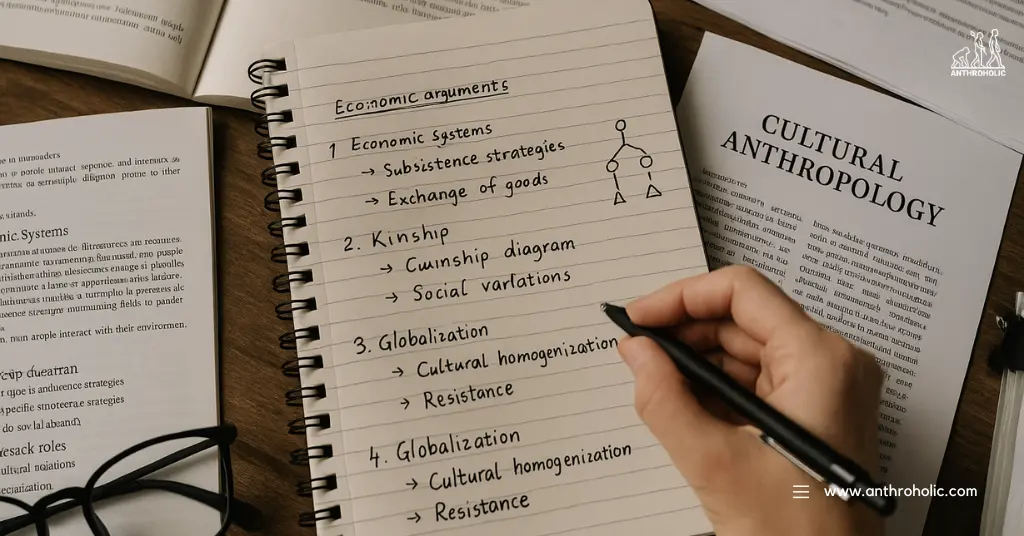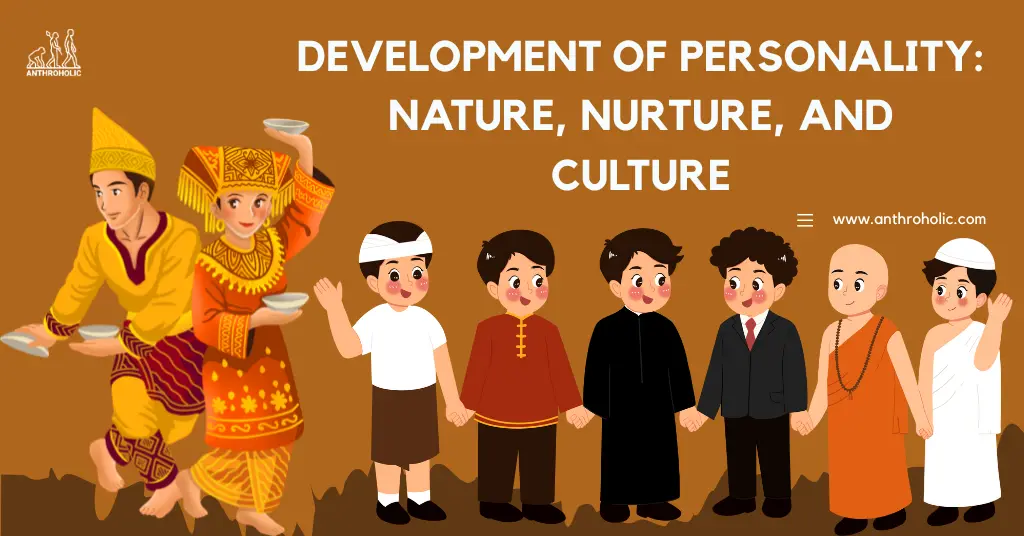AI Answer Evaluation Platform Live Now. Try Free Answer Evaluation Now
The Anthropology of Homework : Why We Bring School Into the Home
Homework is a relatively recent cultural invention. Explore the history, social impact, and anthropological significance of bringing academic labor into the domestic sphere.










